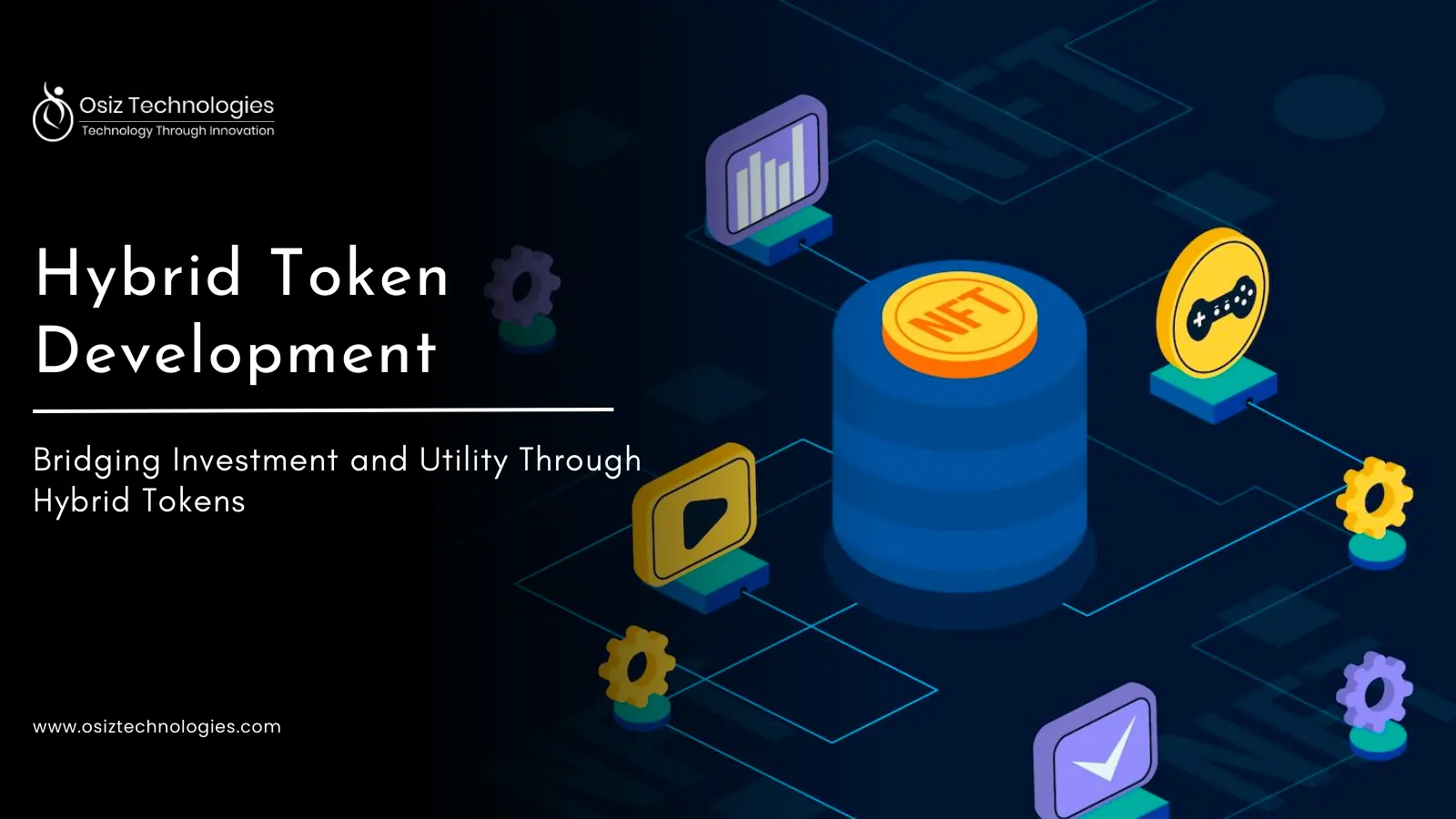The convergence of Artificial Intelligence (AI) and Business Intelligence (BI) creates a powerful combination that transforms raw data into actionable insights, making critical information accessible to everyone within an organization. By integrating AI into BI processes, businesses can navigate vast data landscapes efficiently and make informed decisions swiftly.
Glimpse Of Artificial Intelligence In Business Intelligence
AI in Business Intelligence (BI) harnesses machine learning algorithms and advanced analytics to interpret intricate datasets. Unlike traditional BI methods reliant on manual analysis, AI-driven BI automates data processing to reveal patterns and trends often obscured within massive data repositories. As businesses face increasingly complex data, AI becomes a critical tool to bridge the gap, enhancing the traditional BI approach to uncover deeper, actionable insights.
With AI-powered BI solutions, organizations can elevate their analytical capabilities to new heights. These tools analyze large datasets in real time, identifying patterns, correlations, and anomalies with precision. By leveraging technologies like natural language processing (NLP), machine learning (ML), and deep learning, businesses can build predictive models and uncover hidden insights. These innovations empower end users to not only query their data but also understand their operations more comprehensively, leading to smarter decision-making and improved outcomes.
7 Key Applications Of AI in Business Intelligence
Artificial Intelligence in Business Intelligence is making a transformative impact across various industries and organizational functions. Its applications are diverse, demonstrating how businesses are leveraging AI to achieve remarkable results and optimize their operations.
Below are some key applications of how companies are utilizing AI in BI to unlock growth, streamline processes, and gain a competitive edge in their respective domains
Customer Insights
AI-driven BI tools enable businesses to analyze vast amounts of customer data to extract valuable insights. These insights provide a deeper understanding of customer preferences, behaviors, and needs. With this information, companies can create more targeted marketing campaigns, enhance customer service, and implement strategies to boost customer retention. By personalizing interactions and anticipating customer requirements, businesses can foster stronger relationships and improve overall customer satisfaction.
Fraud Detection
AI-powered BI systems excel at detecting anomalies and irregularities in transactional data, making them highly effective in identifying potential fraud. Unlike traditional methods, these systems analyze large datasets in real-time, recognizing patterns that may indicate fraudulent activity. This proactive approach enhances security, minimizes financial losses, and maintains customer trust.
Supply Chain Optimization
AI in BI enhances supply chain management by analyzing data related to inventory levels, supplier performance, and demand trends. This allows businesses to streamline operations, reduce costs, and improve productivity. By predicting potential bottlenecks and ensuring timely delivery, AI-driven insights empower organizations to build more efficient and resilient supply chains.
Sales Forecasting
By applying machine learning algorithms, AI can accurately predict sales trends based on historical and real-time data. This capability allows businesses to plan inventory, allocate resources efficiently, and set realistic sales targets. Proactive forecasting enables organizations to respond quickly to market changes, optimize operations, and ensure they meet demand without overstocking or underutilizing resources.
Workforce Analytics
AI in BI can analyze employee performance data, attendance records, and workflow patterns to optimize workforce management. Organizations can use these insights to identify skill gaps, enhance productivity, and design targeted training programs. Predictive models also help forecast staffing needs, ensuring that businesses maintain optimal team sizes for various projects or seasons.
Financial Analysis and Risk Management
AI-powered BI tools provide in-depth analysis of financial data, allowing organizations to monitor expenses, revenue streams, and cash flow in real-time. These tools can also predict financial risks, such as market fluctuations or credit defaults, enabling businesses to take preemptive actions. By automating these processes, companies improve financial stability and make data-driven investment decisions.
Marketing Optimization
AI enhances marketing strategies by analyzing campaign performance data, audience behavior, and engagement metrics. Businesses can use AI to determine the most effective marketing channels, tailor content for different demographics, and optimize ad spend. Real-time insights enable companies to adjust campaigns dynamically, maximizing their return on investment and achieving better customer reach.
These applications highlight how integrating AI into BI transforms business operations, enabling smarter decisions and driving measurable outcomes across industries.
Wrapping Up
AI in Business Intelligence is revolutionizing how organizations approach data analysis and decision-making. By automating processes, uncovering hidden insights, and enabling predictive capabilities, AI empowers businesses to stay ahead in a competitive market. From enhancing customer experiences to optimizing supply chains and detecting fraud, its applications are vast and transformative.
As technology rapidly advances, integrating AI into BI systems is no longer optional—it’s a necessity for businesses aiming for agility, accuracy, and long-term growth. Partnering with a trusted AI Development Company can help organizations unlock the full potential of AI-driven intelligence and future-proof their operations.
Listen To The Article












